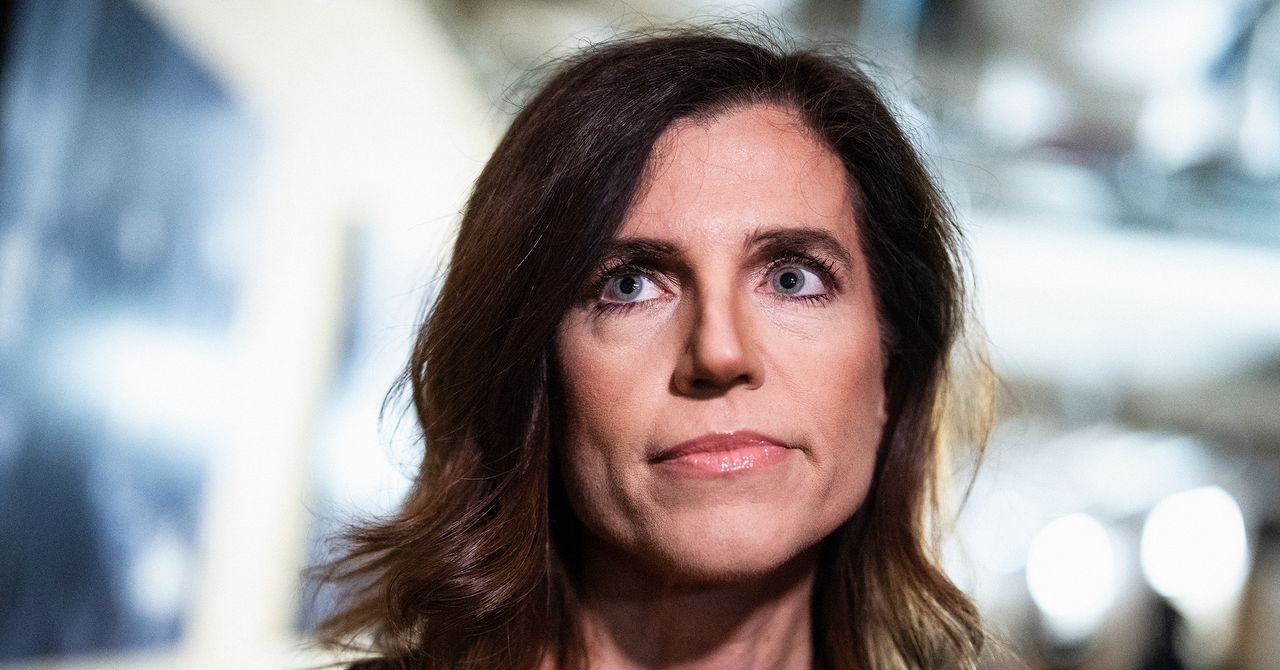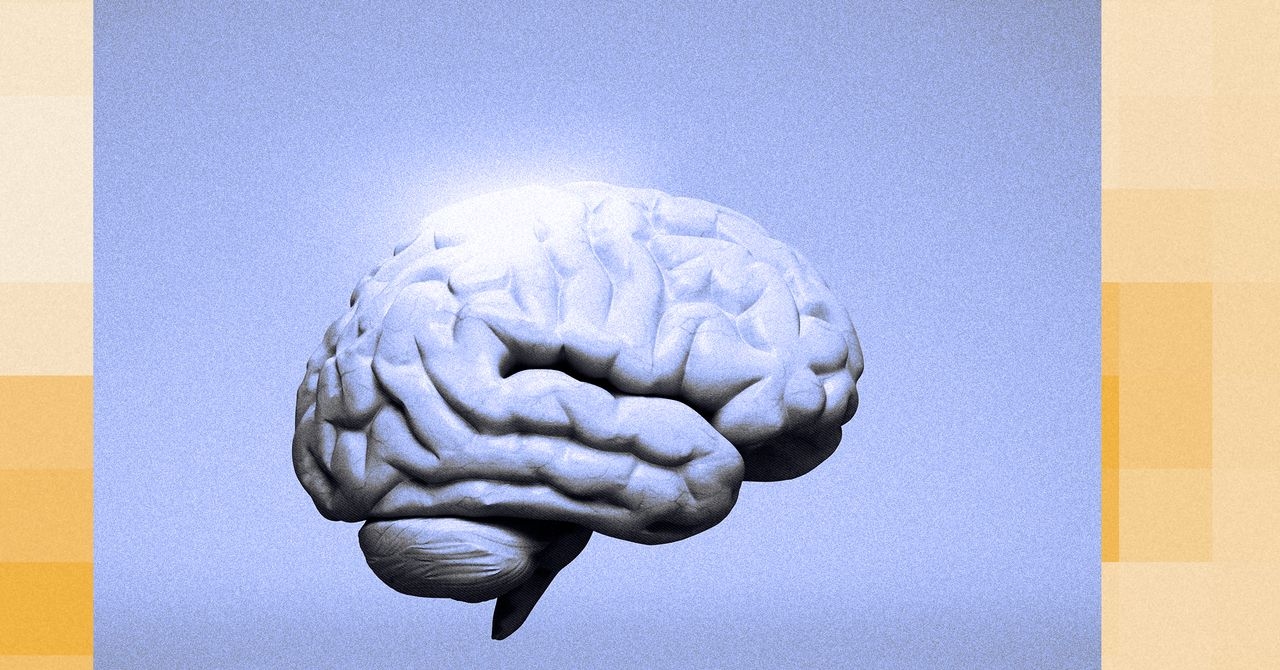From admonisher to optimist: Is Bill Gates downplaying climate change?

More money should be spent helping the poor instead of further reducing climate-damaging CO₂ emissions. That's what tech billionaire Bill Gates is demanding. While climate change remains a serious threat, he argues that alarmism is misguided. On the contrary, the supposedly inappropriate warnings about the climate-related decline of humanity distract from more pressing problems.
In his open letter, Gates appeals to the delegates of the UN Climate Change Conference, which will take place in Brazil from November 10 to 21. He urges them to consider where aid funds could have the greatest impact in the short term. The billionaire's letter is characteristically opinionated; however, the optimistic emissions forecasts he refers to are bold and controversial.
“Even though climate change will have serious consequences—especially for people in poor countries—it will not cause the downfall of humanity.” This is the position Bill Gates took in 2025, which he published on his blog gatesnotes.com. The Bill Gates who presented his book “How to Prevent Climate Catastrophe” at Harvard University in 2021 struck a different tone: “Avoiding climate catastrophe will be one of the greatest challenges humanity has ever faced, greater than the moon landing.”
The 70-year-old argues based on forecasts of declining CO₂ emissions, which represent the primary driver of human-induced climate change. According to calculations by the International Energy Agency (IEA), carbon dioxide emissions are expected to be 40 percent lower by 2050 than the organization projected in 2014. This could limit global warming to a manageable level. According to Gates, the projected emission reductions will be based on technological innovations in the sectors with the highest CO₂ emissions: electricity and energy generation, transportation and mobility, agriculture, and construction.
The IEA has 31 member states, including most European countries such as Germany, as well as the USA and Australia. In its main publication, the World Energy Outlook, the IEA publishes annual forecasts of global energy demand and the energy sources expected to be available to meet it.
That predictions are based on certain assumptions is inherent in the nature of things. However, the optimism of Bill Gates and the IEA appears questionable. In April 2025, a group of scientists from Lappeenranta University of Technology in Finland published a study on previous IEA forecasts for meeting global energy demand. The result: The IEA has frequently been wrong in the past. For example, in its predictions for the period from 1993 to 2020, it underestimated the potential of renewable energies, even in its most optimistic models. At the same time, the organization regularly overestimated the future importance of fossil fuels and nuclear energy sources.
In their article "An ex-post analysis of the International Energy Agency's World Energy Outlook," Finnish scientists accuse the IEA of a lack of transparency in how its forecasts are generated. This makes it all the more questionable how the IEA, despite these miscalculations, concludes that CO₂ emissions will decline sharply in the coming years and decades. While theoretically possible, this is contingent on many scenarios that have not yet materialized. One thing is certain: the peak of annual CO₂ emissions has still not been reached. This is the conclusion of an international team of researchers in their report "Indicators of Global Climate Change," published during the interim negotiations of the 2025 UN Climate Change Conference in Bonn.
Gates' optimism aligns with his own efforts to reduce CO₂ emissions and the IEA's forecasts. Through his organization "Breakthrough Energy," the billionaire has been promoting innovation in sustainable energy for years. In his memo, he cites examples of progress in the development of climate-friendly innovations. Many of these are still in the development phase or have not yet established themselves on the market.

In his letter, Gates enthuses: “Zero-emission jet fuel can be produced using algae or hydrogen. Companies are working on both in the early stages of development.” Or: “Zero-emission steel already exists. […] This technology needs to establish itself in even more markets.” This belief in the power of technological progress makes Gates a climate optimist. From this perspective, the accelerating rise in global temperature is just one of many global problems.
“Temperature is not the best way to measure our progress on climate,” is one of Bill Gates’ central theses. He continues: “Global temperature tells us nothing about people’s quality of life.” Rather, he argues, it’s more appropriate to ask whether farmers can still buy food despite drought-related crop failures. Or whether enough cooled spaces are available during heat waves. This leads to the question: “If flooding leads to disease outbreaks, does the local clinic have enough capacity to treat all the sick?”

Gates argues that poverty, hunger, and disease pose the greatest threat to the poorest. Because available funds are limited, investments in these areas must be prioritized, rather than focusing the main effort on limiting climate change. This would better benefit those most directly affected by climate-related droughts, floods, and their consequences. It's a philanthropic idea.
As recently as 2021, Gates assessed the dangers of global warming as even more devastating: “There is a tipping point at which the coral reefs die, which leads to water acidification and the death of all aquatic ecosystems. When the forests dry out, there will be forest fires and dying trees. With rising sea levels, the beaches will disappear.” Scenarios in which even air-conditioned rooms and good basic medical care would offer no relief to those affected.
Climate optimists paint a best-case scenario, one that relies heavily on conditional statements. Gates leads this to a conclusion that seems logical in itself: if CO₂ emissions were to fall rapidly and significantly, and the temperature rise were limited, it would only be right to focus short-term investments more strongly on combating poverty and hunger. Indeed, as Gates has criticized, several countries have drastically reduced their aid programs for poorer nations. The US, in particular, has shut down its development agency, USAID. Germany cut its development aid funding by €910 million this year.
Although Gates' statements differ from his earlier positions, the Microsoft founder remains true to one thing: his belief in the potential of technological innovations – not only, but especially with regard to already developed or developing forms of climate-friendly economic activity. These, if they exist, simply need to be implemented by governments and the private sector. It remains to be seen whether the assumptions of these technology-minded climate optimists will prove correct. Whether one wants to trust them, however, is another matter entirely.
What if the IEA is wrong (again)? After all, its forecasts contradict the majority of climate research. In that case, increased spending on development programs would be just a drop in the ocean for an ever-heating planet.
rnd





